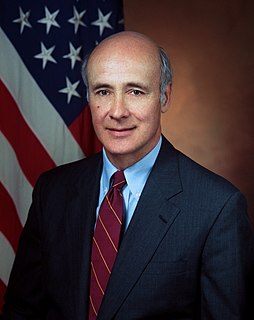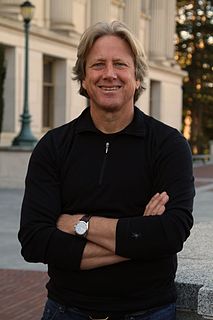A Quote by Joseph Nye
As we think of power in the 21st century, we want to get away from the idea that power's always zero sum - my gain is your loss and vice versa. Power can also be positive sum, where your gain can be my gain.
Related Quotes
The power paradox is that we gain power by advancing the welfare of other people and yet when we feel powerful, it turns us into impulsive sociopaths and we lose those very skills. If you're in the military, you gain power by forging strong ties in your comrades. And then the irony is that once we feel powerful and we are taken with our own success, we ignore the skills that got us power in the first place.
President Trump sees the world in transactional and zero-sum terms - if something is good for China, it must be bad for the U.S. By contrast, economists see the world in much more nuanced ways: if globalization is well-managed, it can be a positive-sum game, where both the U.S. and China gain; if it is badly managed, it can be negative-sum.
Vladimir Putin doesn't really gain anything economically from annexation of Crimea. It's more a gain of power. It's a gain of what he can say to his home population about what he's accomplished as president. And so it's really much more an individual gain for Putin politically than for Russia as a state, because over the long term, Russia is not going to particularly benefit from this.
Listen, there is no equality without the loss of power. Someone is going to have to lose power. That is really uncomfortable for some people to actually think about, but in order for marginalized people to gain power, white, cisgender, straight, people are going to have to lose some and that's just how it is.































